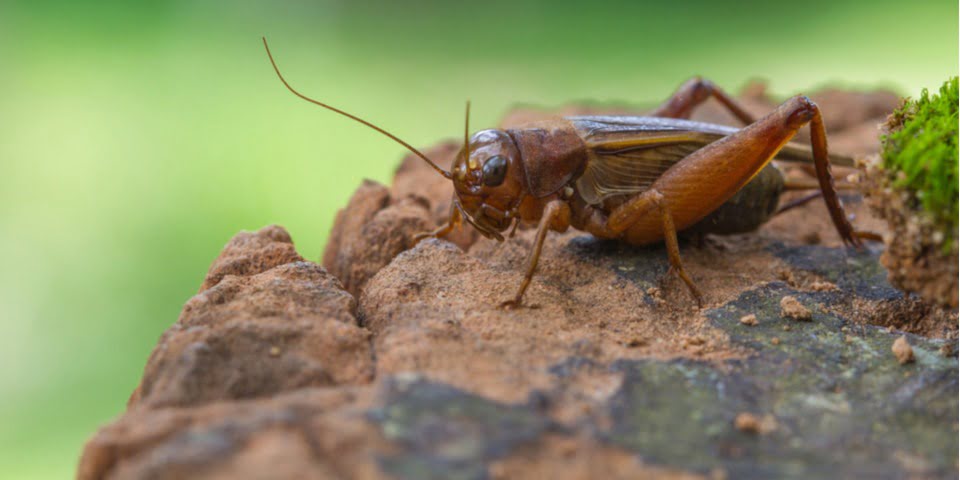Sainsbury’s will become the first major UK supermarket to sell edible insects – or “smoky BBQ crunchy roasted crickets”, to be precise.
They come in bags of about 50 and cost £1.50 per bag. They went on sale on Monday in 250 Sainsbury’s stores.
The insects are acheta domesticus, more commonly known as house crickets, and are farmed in Europe.
London-based manufacturer Eat Grub describes them as “crunchy in texture with a rich smoky flavour”.
It also says they contain more protein per gram than beef, chicken or pork – 68g of protein per 100g. This figure compares with just 31g of protein per 100g in beef.
They’re low in calories and can fit into gluten and dairy free diets, too. However, whether they’ll appeal to the growing number of vegetarians and vegans remains to be seen.
‘Seriously tasty’
Eat Grub says it wanted to find a source of protein that uses fewer land and resources than traditional livestock. It also points out that eating insects is already normal in many parts of the globe.
“Currently, insects are eaten and enjoyed by two billion people worldwide,” said Shami Radia, who co-founded Eat Grub with Neil Whippey in 2014.
“We’re on a mission to show the West that, as well as having very strong sustainability and environmental credentials, they’re also seriously tasty and shouldn’t be overlooked as a great snack or recipe ingredient.”
Rise of the insects
Whether Sainsbury’s can successfully market roasted crickets or not, the big picture is clear – insect consumption is climbing. In fact, the global market will exceed $700 million by 2023, according to the UN Food and Agriculture Organization.
Head of Future Brands at Sainsbury’s Rachel Eyre said: “Insect snacks should no longer be seen as a gimmick or something for a dare. It’s clear that consumers are increasingly keen to explore this new sustainable protein source.”
Food Policy Manager at World Wildlife Fund UK Duncan Williamson said: “As the (global) population increases, we urgently need to look at alternative protein sources to make the most of land available for food production.
“Insects are incredibly sustainable and can help to reduce our carbon footprint.”




